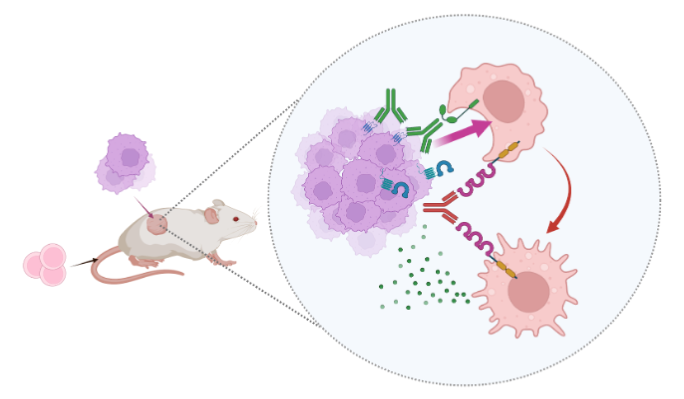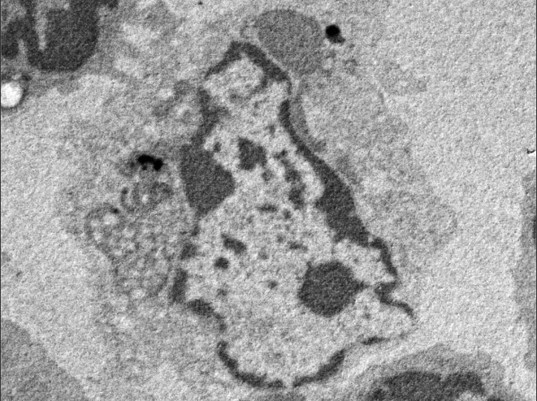T cells are a type of white blood cell that play a key role in our immune system. Co-inhibitory receptors express on effector T cells and are involved in maintaining the stability of the immune response (homeostasis). Insufficient regulation by these receptors causes autoimmune disorders, while overexpression leads to T cell exhaustion and weakens the immune system’s ability to fight chronic viral infections and cancer.
Assistant Professor Norio Chihara (Kobe University Graduate School of Medicine), as a member of a joint research team of Harvard Medical School and Massachusetts Institute of Technology, has identified the mechanism that underlies the co-expression of co-inhibitory receptors in T cells. They also identified regulators of T cell function that can potentially control autoimmunity and tumor immunity. These findings were published on June 21 in Nature.
The research team used gene and protein expression analysis methods (single-cell RNA sequencing and cytometry by time of flight) to analyze the expression of co-inhibitory receptors and co-stimulatory receptors on T cells in tumor tissue. They identified multiple new surface receptors. They showed that this module of co-inhibitory receptors is driven by immunoregulatory cytokine IL-27, and it is part of a larger co-inhibitory gene program that is also found in immune tolerance in chronic infections, and absence of normal immune response (anergy), as well as in tumor microenvironments. The research team chose two of the newly-discovered co-inhibitory receptors, activated protein C receptor (PROCR) and podoplanin (PDPN), to carry out functional experiments using a tumor model. Based on computer analysis of the co-inhibitory gene program they clarified that the transcription factors PRDM1 and c-MAF collaborate to regulate these co-inhibitory receptors, showing that these two transcription factors are the key to controlling immune response to tumors.
These findings give a complete picture of the regulatory system for exhausted T cell co-inhibitory receptor expression. As well as discovering a new target for tumor immunotherapy, they identified the transcription factors that are the keys to controlling co-inhibitory receptor expression. Professor Chihara comments, “We hope that this will help to shed light on autoimmune disorders caused by poor regulation as well as tumor microenvironments.”
Journal information
- Title
- “Induction and transcriptional regulation of the co-inhibitory gene module in T cells”
- DOI
- 10.1038/s41586-018-0206-z
- Authors
- Norio Chihara, Asaf Madi, Takaaki Kondo, Huiyuan Zhang, Nandini Acharya, Meromit Singer, Jackson Nyman, Nemanja D. Marjanovic, Monika S. Kowalczyk, Chao Wang, Sema Kurtulus, Travis Law, Yasaman Etminan, James Nevin, Christopher D. Buckley, Patrick R. Burkett, Jason D. Buenrostro, Orit Rozenblatt-Rosen, Ana C. Anderson, Aviv Regev & Vijay K. Kuchroo
- Journal
- Nature








